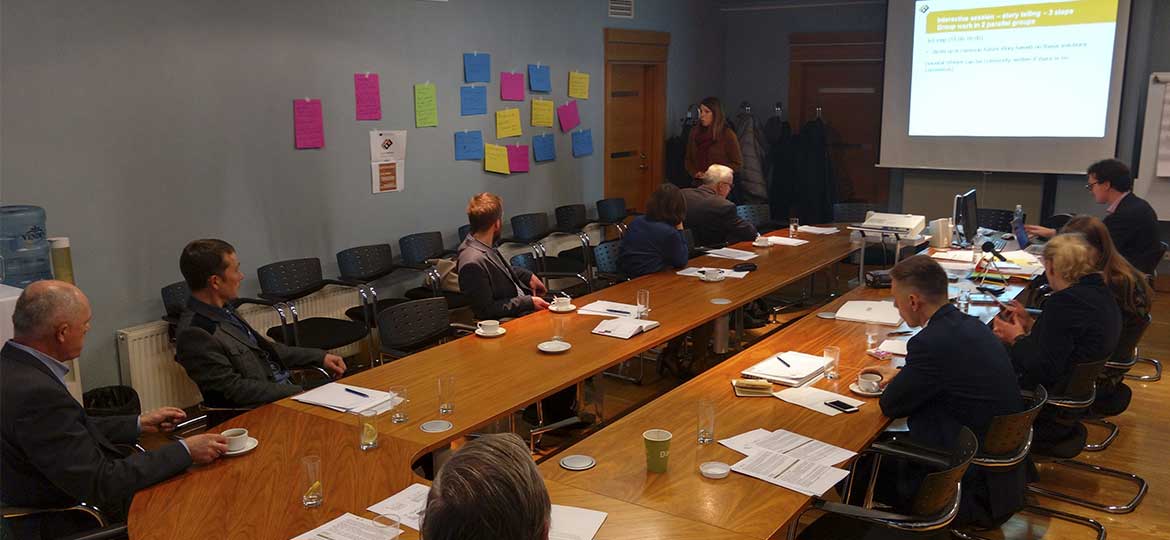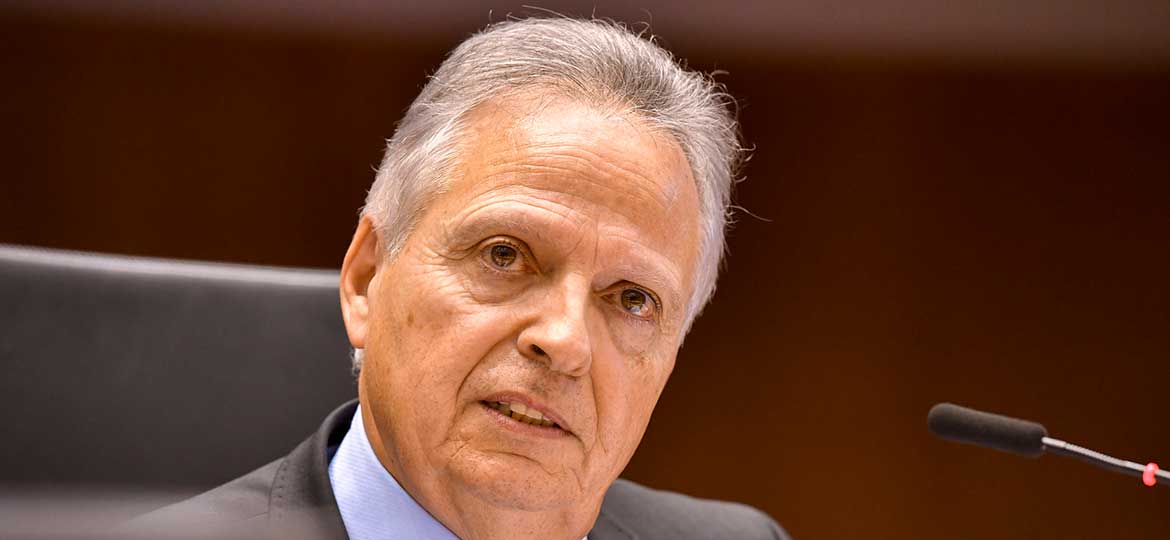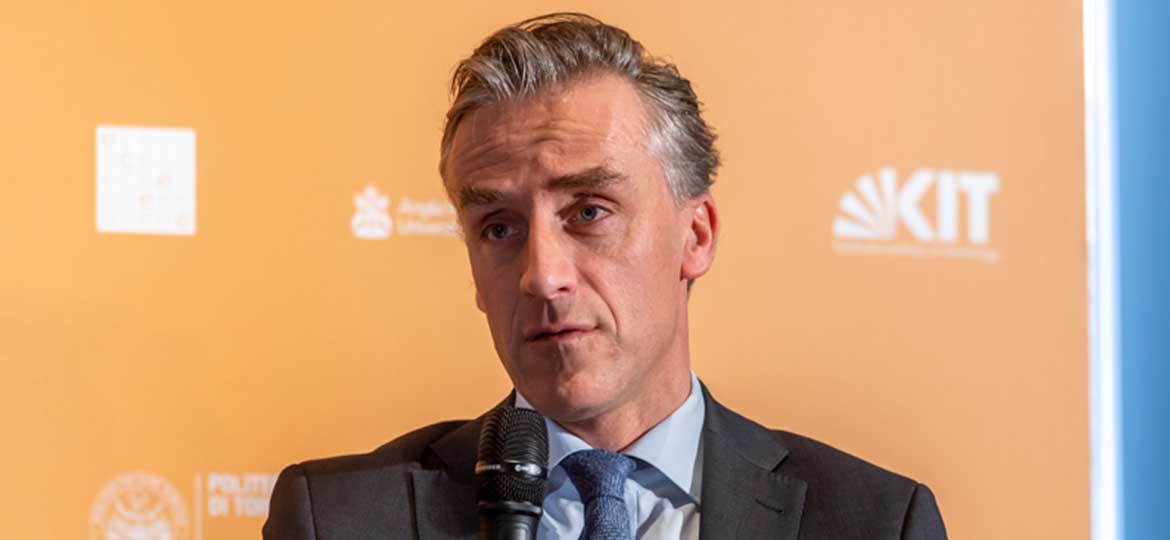Wow, what a great morning! The sun has risen and Mr Vinters* steps out of his warm bed. Mr Vinters slowly slips in his slippers and walks towards the huge crystal clear window and looks across the backyard. He sees his neighbour’s house where finally the refurbishment works are finished and he suddenly remembers how terrible the conditions were in his apartment 28 years ago. Now, Mr Vinters can enjoy his warm apartment, healthy conditions with the fresh air mixed with the smell of the morning coffee. Mr Vinters sees his neighbour across the backyard and waves him a hand. On his way to the market he listens on his phone to the morning news where the journalist mentions that the living standards in Latvia have finally reached the highest level across Europe. And Mr Vinters thinks: what a great country to live in!
These dreams of the future were shared on the 10th of November 2017 during a SHAPE ENERGY workshop in Riga. Key stakeholders in the city are striving to make these dreams come through and therefore, they gathered to discuss challenges and solutions for the refurbishment of 6,000 multi-apartment buildings in Riga by 2030.
Riga is the capital of Latvia, where 32% of population is creating approximately 50% of the country’s GDP. The city has the lowest heat tariff in the Baltic states (44,39 €/MWh without VAT) and this is the main cause of the building renovation stagnation in Riga, the proportion of renovated buildings in Riga being one of the lowest in Latvia. Residents do not feel the need to decrease their energy bills by doing building renovation. This lack of awareness concerning energy efficiency issues over the last 20 years lead to an unengaged society.
In Riga, most of the apartments were privatised after the communist era, but in many cases this process was not completely finalised, resulting in apartments being privately owned, but common areas (entrance hall, staircases) being State owned. This makes the decision-making process concerning refurbishment very difficult.
Other obstacles are high construction costs due to the lack of educated technicians, engineers, architects, communication specialists and work force as well as seasonality. Furthermore, most of these buildings are occupied by low income households.
There is a lack of financial instruments available. At the national level, the regulation on the ESCOs accepted in spring 2017 will slowly encourage new ESCOs to step in the market.
The SHAPE ENERGY workshop in Riga was co-organised by Energy Cities and the Riga Energy Agency and gathered all relevant stakeholders in a co-creative and participatory ambience. They came with future solutions to some of the existing problems. For instance, in the future, a stakeholder matchmaking platform will be set up by the Riga Energy Agency to allow more dialogue and contact among the key stakeholders in the refurbishment sector. Technical and legal requirements concerning refurbishment are also to be established to set the market for businesses in the field of refurbishment, based on the demand side.
The focus will also be on the existing good examples in Riga and on the upscaling at street or neighbourhood level to make it more visible and impacting.
We can still believe in a bright future for our homes!
* All names in this article were changed.
By Kinga Kovacs, Energy Cities, the European Association of local authorities in energy transition











